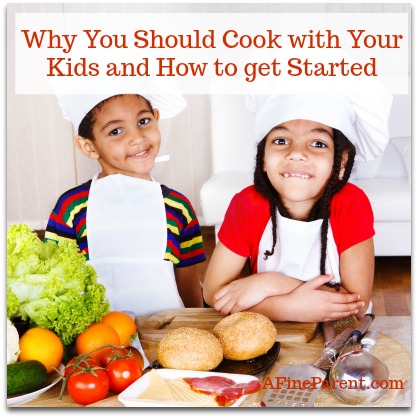 My four-year-old makes the fluffiest frittata I’ve ever tasted. She also loves preparing sauces and salad dressings, dreaming up her own sandwich recipes, and baking lemon-ricotta cookies.
My four-year-old makes the fluffiest frittata I’ve ever tasted. She also loves preparing sauces and salad dressings, dreaming up her own sandwich recipes, and baking lemon-ricotta cookies.
This might sound extraordinary. But I promise, my daughter doesn’t have any special talent for the culinary arts. And I’m not a professional chef – or even a particularly good cook.
Our “secret” is simply cooking together a few times a month – about two years of mommy-daughter afternoons in the kitchen and counting.
In the United States today, the prevailing views about cooking with kids is remarkably pessimistic.
It’ll take me twice as long to get the food on the table with the kids underfoot.
She just makes such a mess every time I let her help!
Cooking with a toddler? Are you kidding? That’s so dangerous!
Such skepticism is exacerbated by broader societal trends that keep kids out of the kitchen. For one, as children devote more time to ever-increasing academic commitments and organized activities, fewer hours are left to help out at home.
Even adults are cooking less, largely due to busy schedules and the convenience of takeout or ready-to-eat grocery store meals. As a result, many parents consider cooking with kids a complex task best saved for special occasions like holiday traditions or formal cooking classes.
But parent-and-child cooking doesn’t need to be an elaborate production! On the contrary, involving children in routine breakfast, lunch, or dinner prep can have incredible benefits for your entire family.
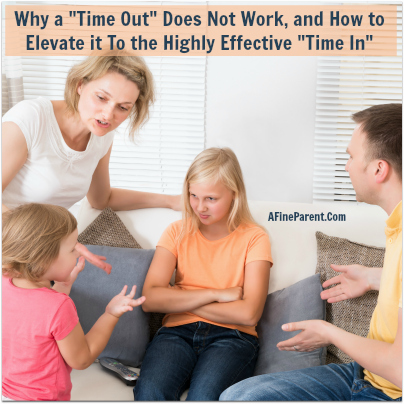 It’s been one of those afternoons. Your child has been
It’s been one of those afternoons. Your child has been 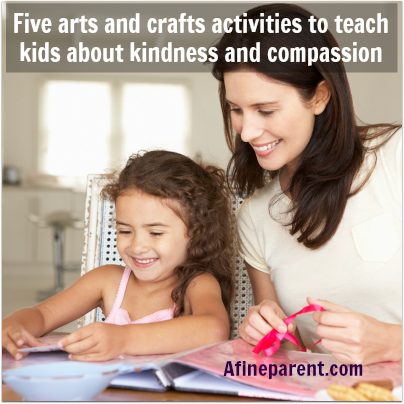 Kids are naturally selfish – me, me, me and
Kids are naturally selfish – me, me, me and 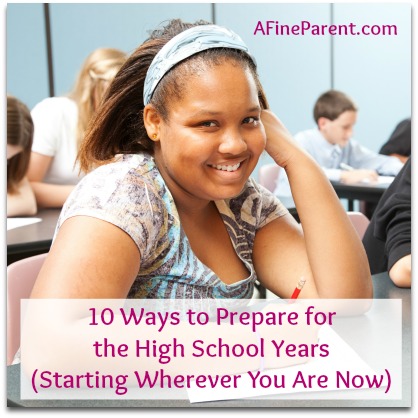 I walked into the huge doors of the high school, overwhelmed by emotion. It was all mixed up – joy, excitement, fear, pride, worry, disbelief.
I walked into the huge doors of the high school, overwhelmed by emotion. It was all mixed up – joy, excitement, fear, pride, worry, disbelief.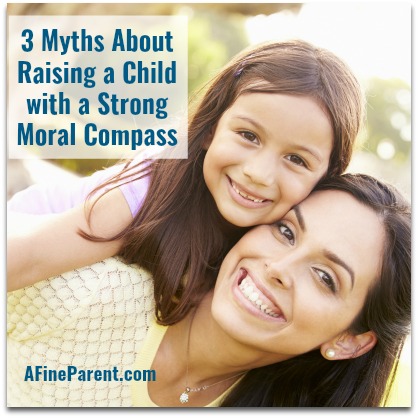 What would your child do in the following situations?
What would your child do in the following situations?